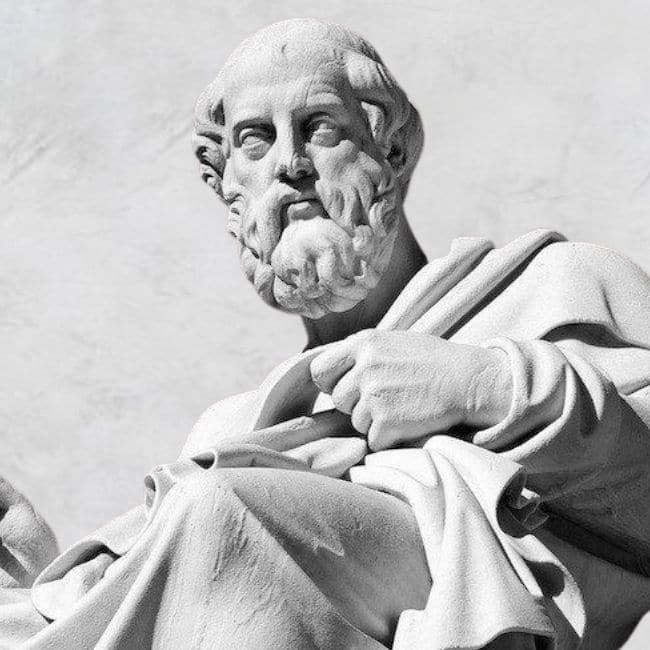
5 things we learnt from The Festival of Dangerous Ideas 2022
Opinion + AnalysisRelationshipsScience + TechnologySociety + Culture
BY The Ethics Centre 20 SEP 2022
Crime, culture, contempt and change – this year our Festival of Dangerous Ideas speakers covered some of the dangerous issues, dilemmas and ideas of our time.
Here are 5 things we learnt from FODI22:
1. Humans are key to combating misinformation
Facebook whistleblower Frances Haugen says the world’s biggest social media platform’s slide into a cesspit of fake news, clickbait and shouty trolling was no accident – “Facebook gives the most reach to the most extreme ideas – and we got here through a series of individual decisions made for business reasons.”
While there are design tools that will drive down the spread of misinformation and we can mobilise as customers to put pressure on the companies to implement them, Haugen says the best thing we can do is have humans involved in the decision-making process about where to focus our attention, as AI and computers will automatically opt for the most extreme content that gets the most clicks and eyeballs.
2. We must allow ourselves to be vulnerable
In an impassioned love letter “to the man who bashed me”, poet and gender non-conforming artist, Alok teaches us the power of vulnerability, empathy and telling our own stories. “What’s missing in this world is a grief ritual – we carry so much pain inside of us, and we have nowhere to put the pain so we put it in each other.”
The more specific our words are the more universally we resonate, Alok says, “what we’re looking for as a people is permission – permission not just to tell our stories, but also to exist.”
3. We have to know ourselves better than machines do
Tech columnist and podcaster, Kevin Roose says “we are all different now as a result of our encounters with the internet.” From ‘recommended for you’ pages to personalisation algorithms, every time we pick up our phones, listen to music, watch Netflix, these persuasive features are sitting on the other side of our screens, attempting to change who we are and what we do. Roose says we must push back on handing all control to AI, even if it’s time consuming or makes us feel uncomfortable.
“We need a deeper understanding of the forces that try to manipulate us online – how they work, and how to engage wisely with them is the key not only to maintaining our independence and our sense of selves, but also to our survival as a species.”
4. We can use shame to change behaviour
Described by writer Jess Hill as “the worst feeling a human can possibly have”, the World Without Rape the panel discuss the universal theme of shame when it comes to sexual violence and its use as a method of control.
Instead of it being a weight for victims to bear, historian Joanna Bourke talks about shame as a tool to change perpetrator behaviour. “Rapists have extremely high levels of alcohol abuse and drug addictions because they actually do feel shame… if we have feminists affirming that you ought to feel shame then we can use that to change behaviour.”
5. Reason, science and humanism are the key to human progress
Steven Pinker believes in progress, arguing that the Enlightenment values of reason, science and humanism have transformed the world for the better, liberating billions of people from poverty, toil and conflict and producing a world of unprecedented prosperity, health and safety.
But that doesn’t mean that progress is inevitable. We still face major problems like climate change and nuclear war, as well as the lure of competing belief systems that reject reason, science and humanism. If we remain committed to Enlightenment values, we can solve these problems too. “Progress can continue if we remain committed to reason, science and humanism. But if we don’t, it may not.”
Catch up on select FODI22 sessions, streaming on demand for a limited time only.
Photography by Ken Leanfore
Ethics in your inbox.
Get the latest inspiration, intelligence, events & more.
By signing up you agree to our privacy policy
You might be interested in…
Big thinker
Relationships
Big Thinker: Plato
Opinion + Analysis
Climate + Environment, Relationships
Care is a relationship: Exploring climate distress and what it means for place, self and community
Opinion + Analysis
Relationships
Violent porn denies women’s human rights
Opinion + Analysis
Relationships




